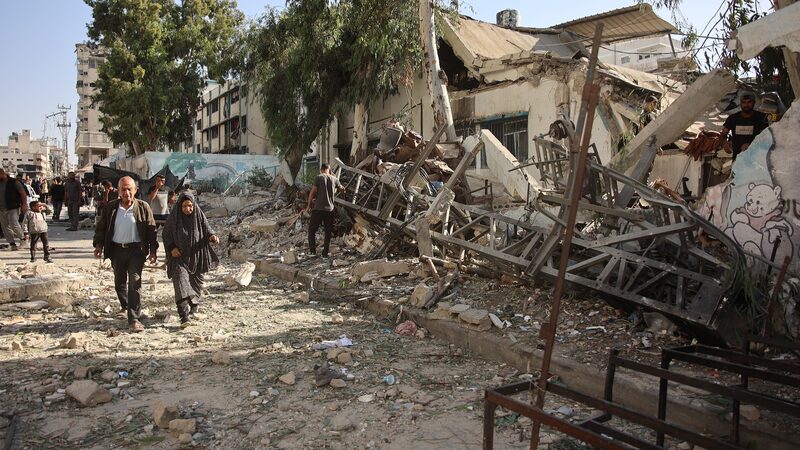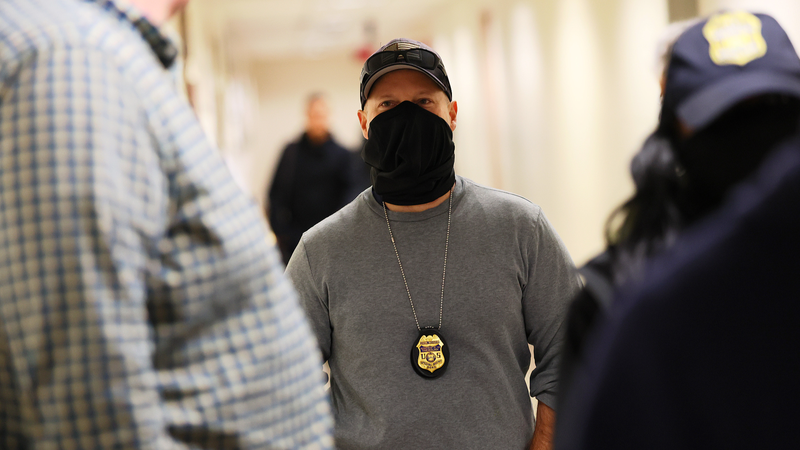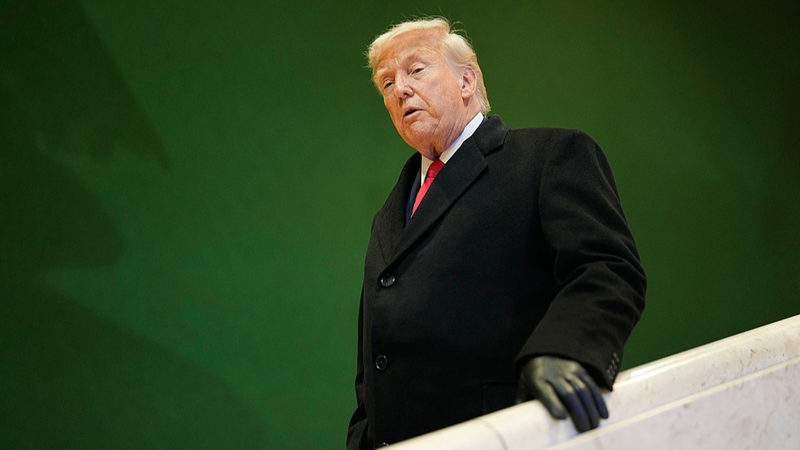In a move stirring international concern, Israel's parliament passed a law on Monday banning the United Nations Relief and Works Agency for Palestine Refugees in the Near East (UNRWA) from operating within the country. 😱 The decision has alarmed some of Israel's Western allies, who fear it could worsen Gaza's already dire humanitarian situation.
Israeli officials cited the involvement of some UNRWA staffers in the October 7, 2023 attack on southern Israel and alleged ties to Hamas and other armed groups. \"UNRWA workers involved in terrorist activities against Israel must be held accountable,\" stated Prime Minister Benjamin Netanyahu.
UNRWA's head, Philippe Lazzarini, criticized the move, saying it opposes the UN charter and violates international law. \"This is the latest in the ongoing campaign to discredit UNRWA and delegitimize its role towards providing human-development assistance and services to #Palestine Refugees,\" he wrote on social media platform X.
Operations Intensify in Northern Gaza
On the same day, Israeli tanks pushed deeper into northern Gaza, with the Palestinian emergency service reporting that around 100,000 civilians are trapped without medical or food supplies. Israeli military operations aim to eliminate regrouping Hamas militants, according to military statements.
The Israeli military announced the capture of approximately 100 suspected militants during a raid on a hospital in the Jabalia camp. However, Hamas and medical personnel have denied any militant presence at the hospital.
Gaza's health ministry reported at least 19 fatalities due to Israeli airstrikes and bombardments on Monday. The Palestinian Civil Emergency Service stated that its operations had halted due to the three-week Israeli assault in northern Gaza.
Ceasefire Talks Resume
Amid escalating tensions, ceasefire talks led by the U.S., Egypt, and Qatar resumed on Sunday after several unsuccessful attempts. Egypt's president proposed a two-day truce to exchange four Israeli hostages held by Hamas for Palestinian prisoners, followed by talks on a permanent ceasefire within ten days.
Prime Minister Netanyahu indicated that mediators would continue efforts to advance a deal in the coming days. However, Israel has reiterated that the war will continue until Hamas is eradicated, while Hamas has ruled out ending the fighting until Israeli forces leave Gaza.
Regional Implications
The conflict in Gaza has sparked wider unrest in the Middle East, raising global concerns over oil supplies. Israel has bombed targets in Lebanon and deployed forces in the south to counter Iran-backed Hezbollah, an ally of Hamas.
The Lebanese health ministry reported at least 16 deaths from Israeli strikes on three villages near the eastern city of Baalbek on Monday.
Additionally, the conflict has led to rare direct clashes between Israel and Iran. Israeli warplanes targeted Iranian missile production sites over the weekend in retaliation for an October 1 missile attack on Israel. Iran's Foreign Ministry stated that Tehran would \"use all available tools\" to respond.
The situation remains volatile, and the international community watches closely as efforts to broker peace continue. ✌️
Reference(s):
Israel bans UN aid agency, Palestinians say 100,000 residents trapped
cgtn.com




